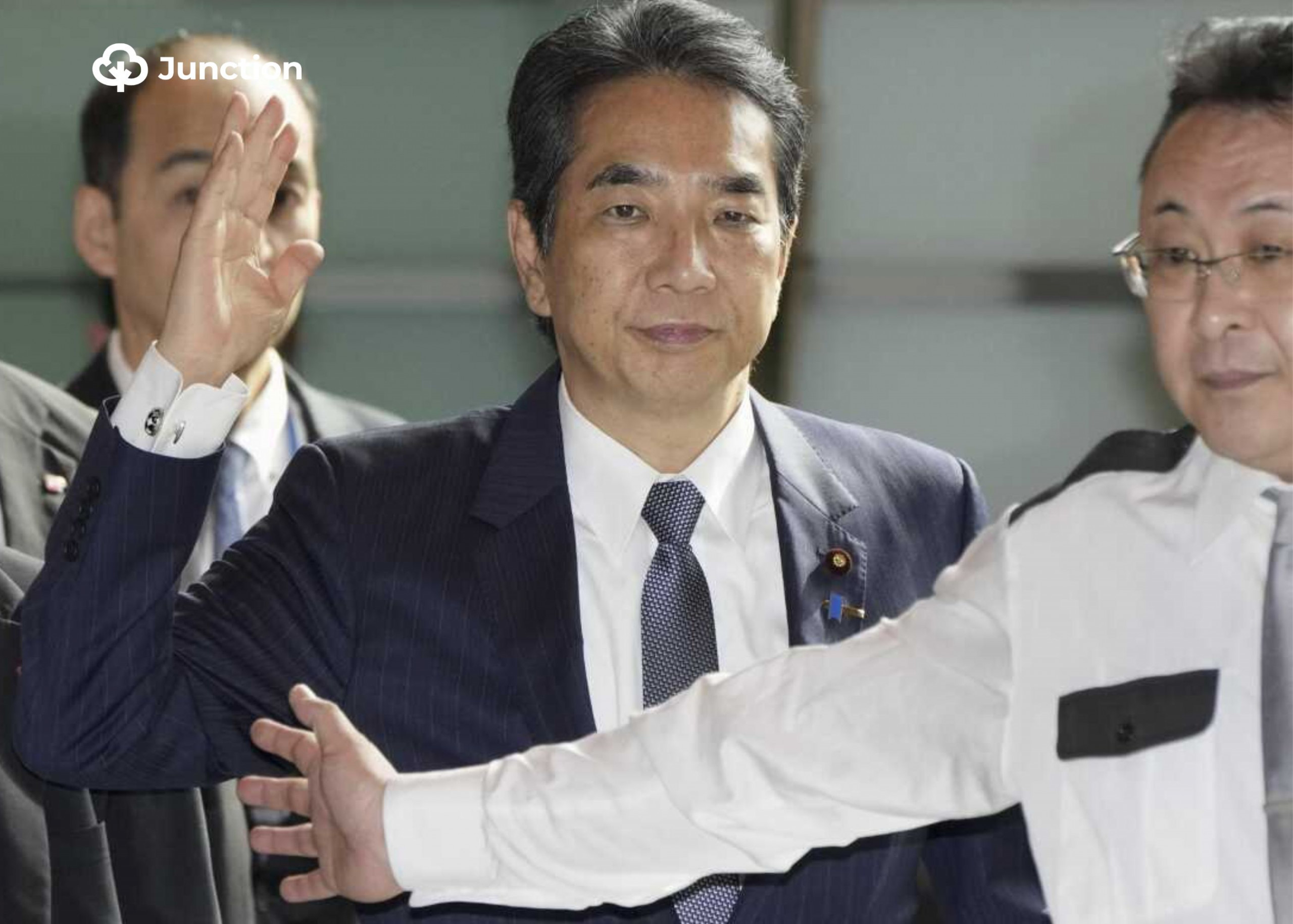News in brief:
– Japan’s Agriculture Minister Taku Eto resigned after public backlash over his rice-related remarks amid soaring prices and shortages.
– The incident has spotlighted Japan’s long-standing rice reduction policies, which critics say have worsened supply issues and demand urgent reform.
Japan’s Agriculture Minister Taku Eto has resigned following public outrage over his insensitive remarks about rice, a staple whose soaring prices and recent shortages have sparked nationwide frustration.
Eto, who claimed he received so much free rice from supporters that he could sell it, faced swift backlash and political pressure, becoming the first Cabinet minister to quit under Prime Minister Shigeru Ishiba’s leadership.
The scandal has drawn fresh attention to Japan’s rice policy, with experts pointing to years of reduced cultivation promoted by the Ministry of Agriculture, Forestry and Fisheries (MAFF) and the Japan Agricultural Cooperatives (JA) as a key driver of the crisis.
Despite a technically ‘normal’ harvest in 2023, supply fell due to decreased farmland usage, heat-damaged crops, and strategic stockpiling—factors that combined to shrink availability and fuel a 20% price hike over two years.
Critics say MAFF had a year to prepare for the shortfall, yet failed to release stockpiled rice in time to prevent market shelves from emptying ahead of the 2024 harvest. The ministry’s reluctance to act, alongside continued promotion of acreage reduction, has intensified calls for policy reform.
While MAFF insists the new harvest will ease shortages, analysts warn that early consumption could trigger similar problems in 2025.
Observers argue Japan should abandon its rice-reduction policy in favour of boosting production and exports, following the European Union’s model of managing surpluses without sacrificing domestic supply.
Eto’s resignation highlights the political fallout of a long-standing, systemic issue in Japan’s food policy.



